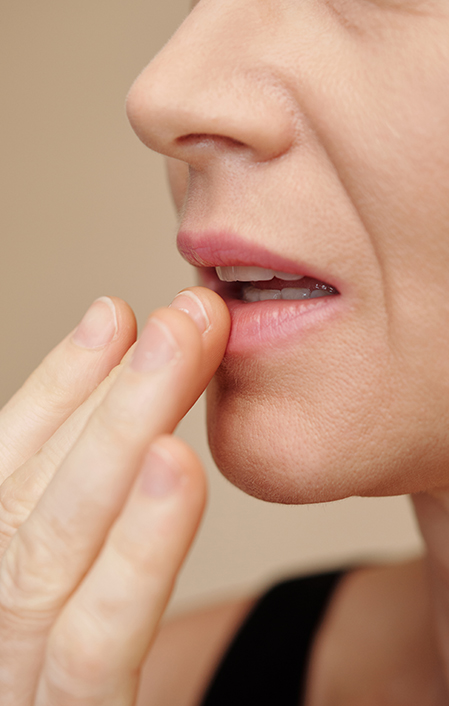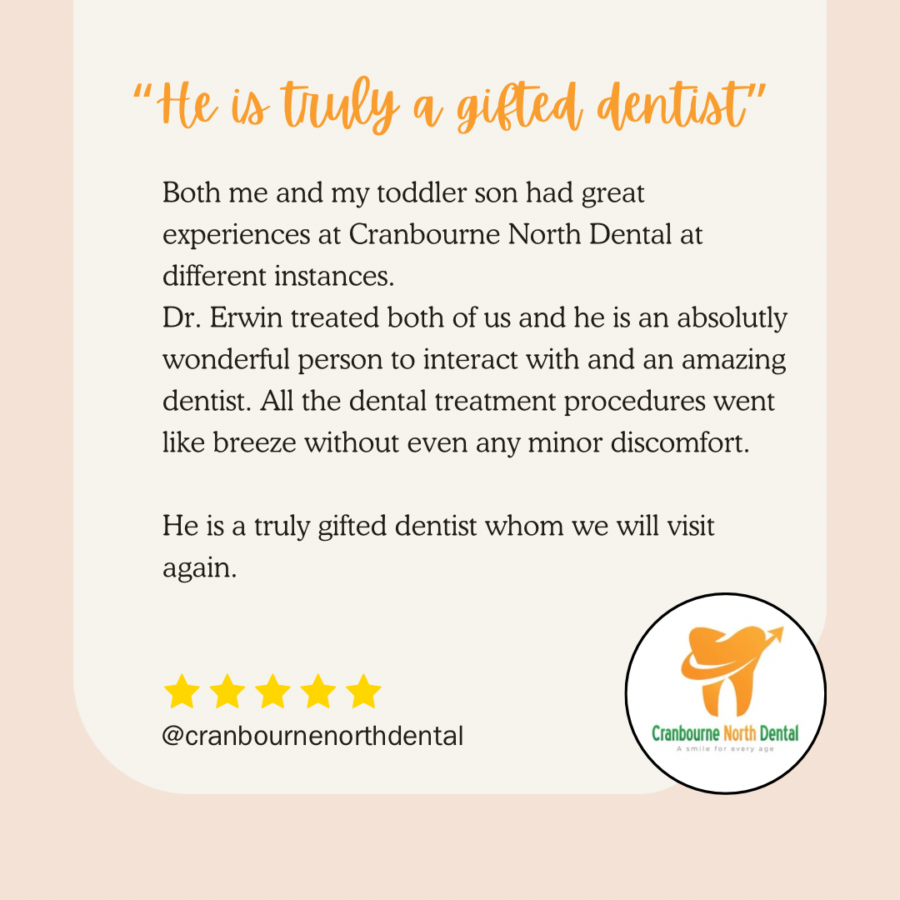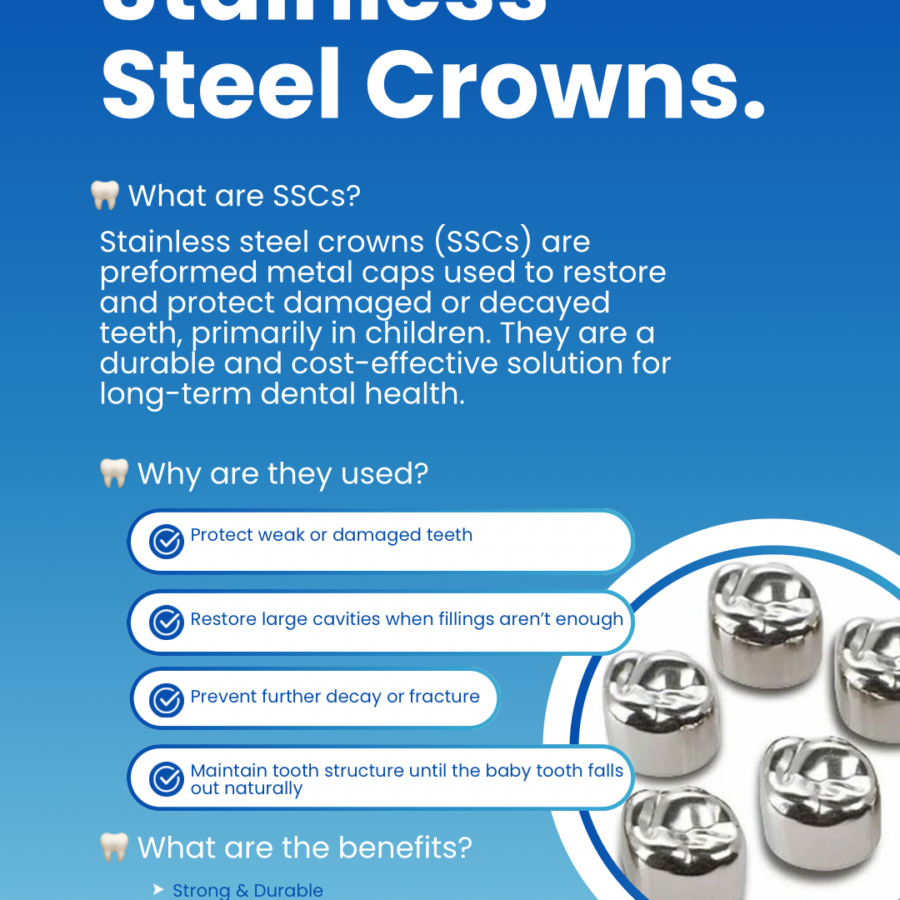How Do I Know if I Have Dry Mouth?
Dry mouth, also known as xerostomia, can make daily activities like eating, speaking, or even swallowing uncomfortable. It’s often referred to as cotton mouth or linked to symptoms of bad breath (halitosis).
Here are some signs that you might be experiencing dry mouth:
- Constant thirst: Feeling the need to drink water frequently.
- Dry or sticky mouth: A persistent ‘cotton mouth’ sensation, where your mouth feels parched.
- Chapped or dry lips: Lips that crack or peel easily.
- Bad breath: Chronic halitosis can often result from reduced saliva flow.
- Difficulty chewing or swallowing: Food may feel dry and harder to process.
- Sore throat or hoarseness: A lack of moisture can irritate the throat and voice.
- Thick, stringy saliva: Saliva may feel sticky and thicker than usual.
If these symptoms sound familiar, it’s important to address the root cause of your dry mouth. Saliva is vital for oral health, and persistent dryness can increase your risk of tooth decay, gum disease, and other dental concerns.

What Causes Dry Mouth?
Dry mouth can stem from various factors, impacting people of all ages and health backgrounds.
Medications:
Many common medications, including antihistamines, antidepressants, and blood pressure medications, can cause dry mouth as a side effect. These drugs often reduce saliva production, leading to dryness and discomfort.
Dehydration:
Not drinking enough water throughout the day is a frequent cause of dry mouth. Dehydration reduces saliva production, which may make your mouth feel persistently dry.
Medical Conditions:
Certain health conditions, like diabetes, Parkinson’s disease, and Sjögren’s syndrome, can affect saliva production, making dry mouth a common symptom for those affected.
Aging:
Age-related changes, including medication use and shifts in body function.
How to Fix Dry Mouth
If you’re dealing with dry mouth, there are several strategies that can help restore comfort and protect your oral health. Here are some practical tips to consider:
Stay Hydrated:
Drinking water throughout the day is one of the simplest ways to combat dry mouth. Sipping water regularly can help keep your mouth moist and improve saliva flow.
Chewing Sugar-Free Gum:
Chewing gum, especially sugar-free options, can stimulate saliva production and provide temporary relief from dryness.
Avoid Certain Foods and Beverages:
Reducing or avoiding caffeine, alcohol, and spicy foods may help prevent dryness, as these can all contribute to a drier mouth.
Use Saliva Substitutes or Mouthwashes:
Over-the-counter saliva substitutes or mouthwashes specifically designed for dry mouth can offer relief and keep your mouth more comfortable.
Seek Dental Advice:
If dry mouth persists despite trying these measures, consider scheduling a consultation with Cranbourne North Dental. Our team can assess your symptoms and recommend tailored treatments to help manage dry mouth effectively.

How To Prevent Dry Mouth?
To prevent dry mouth from escalating into more serious oral health issues, it’s important to address it promptly. Left untreated, dry mouth can lead to complications such as gum disease, tooth decay, and mouth infections like thrush. In addition to following the tips above, maintaining a consistent oral hygiene routine is essential. Brushing your teeth twice daily with fluoride toothpaste and using a soft-bristle toothbrush can help protect your teeth and gums from the effects of dryness. Regular dental check-ups allow your dentist to monitor your oral health and offer guidance tailored to your specific needs. Don’t ignore the signs of dry mouth.
Contact Cranbourne North Dental For Dry Mouth
If dry mouth is affecting your daily life, our friendly team at Cranbourne North Dental is here to help. We offer personalised guidance and treatments designed to address your symptoms and support your oral health. Reach out to us to schedule a consultation or ask any questions you may have. Schedule a consultation with us today.
Our Treatments
Frequently Asked Questions

Can Allergies Give You Dry Mouth?
Yes, allergies can cause dry mouth. Nasal congestion often leads to mouth breathing, which dries the mouth out. Additionally, many allergy medications, such as antihistamines, can reduce saliva production.
Can Anxiety Cause a Dry Mouth?
Yes, anxiety can trigger dry mouth. Stress activates the body’s fight-or-flight response, which temporarily slows saliva production. Chronic anxiety may lead to ongoing dryness.
How Can I Manage Dry Mouth at Night?
To combat dry mouth at night, stay hydrated during the day, avoid caffeine and alcohol in the evening, and consider using a humidifier to keep the air moist. Specialised dry-mouth mouthwashes or gels can also help provide relief while you sleep.
Does Dry Mouth Increase the Risk of Cavities?
Yes, dry mouth increases your risk of cavities. Saliva is essential for washing away food particles and neutralising acids in the mouth. Without enough saliva, harmful bacteria can thrive, leading to tooth decay.
When Should I See a Dentist for Dry Mouth?
If dry mouth persists despite trying home remedies or starts interfering with your daily life, it’s time to consult a dentist. Persistent dryness can signal underlying issues that require professional attention.




















